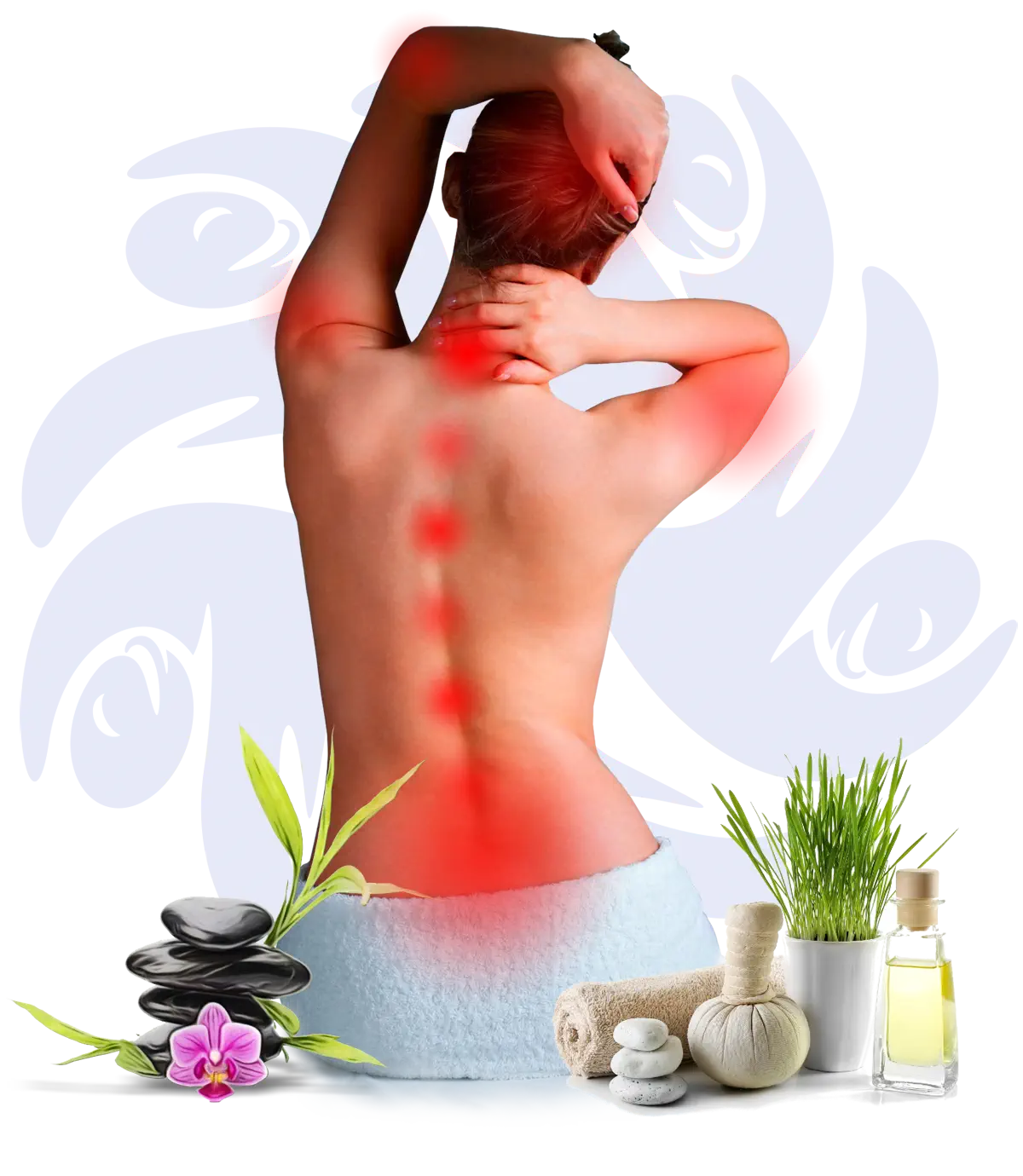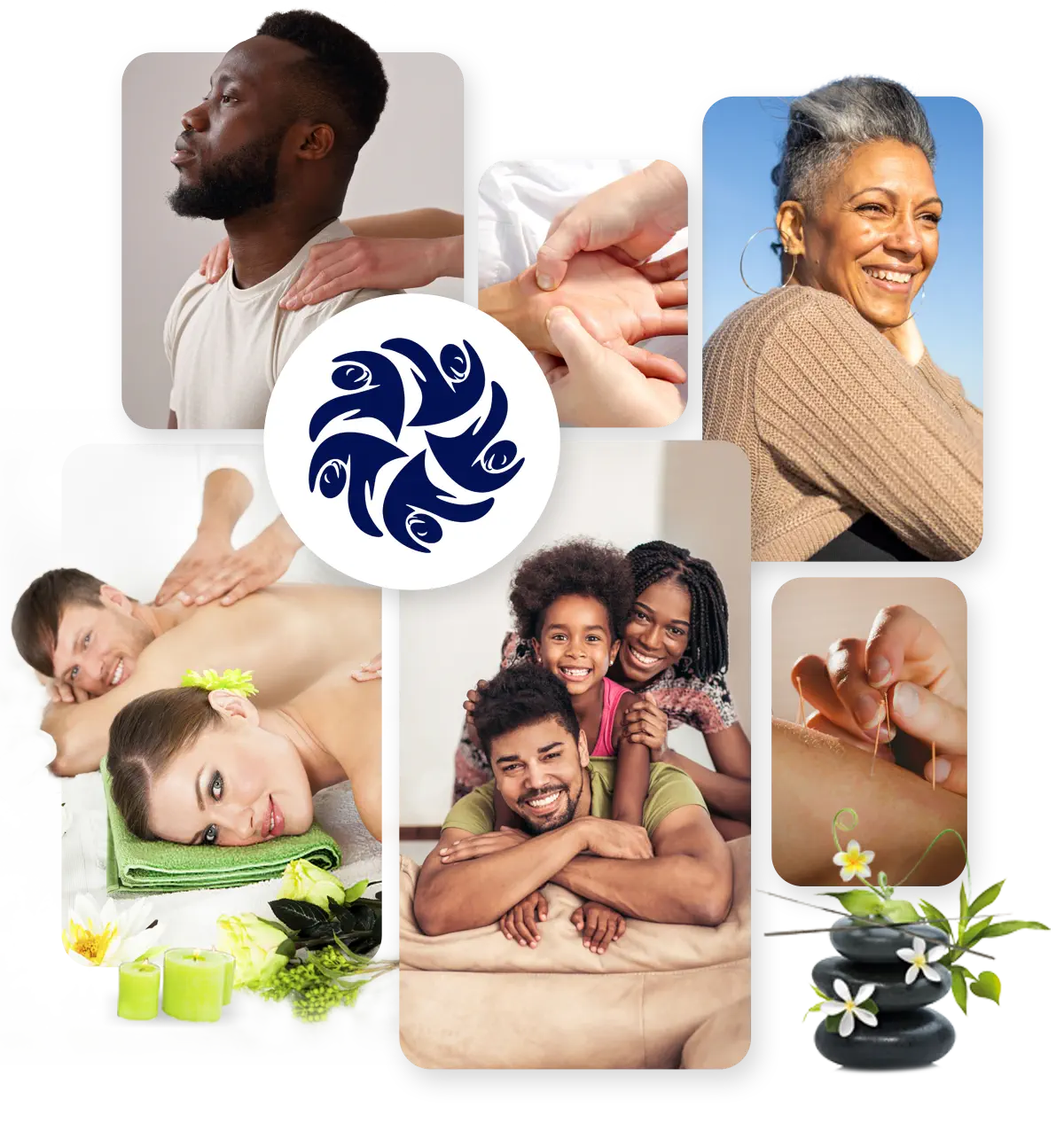Varicose Veins

Introduction
Varicose veins are swollen, twisted veins that often appear blue or dark purple and are commonly found in the legs. They occur when valves in the veins become weak or damaged, leading to blood pooling in the veins. While conventional treatments such as compression therapy, sclerotherapy, and surgery are frequently employed, many individuals seek complementary and alternative medicine (CAM) approaches to manage symptoms and improve their condition. Recent studies have investigated the effectiveness of various CAM therapies, including herbal medicine, acupuncture, nutritional interventions, exercise, and massage therapy. This summary reviews relevant research from the past five years focusing on these approaches for managing varicose veins.
Herbal Medicine
Herbal medicine has gained attention for its potential to alleviate symptoms associated with varicose veins. A clinical trial published in Phytotherapy Research in 2022 examined the effects of a topical gel containing Hesperidin and Diosmin on patients with chronic venous insufficiency, a condition closely related to varicose veins. The study found that participants using the herbal gel experienced significant reductions in leg swelling and pain compared to a placebo group. These findings suggest that herbal formulations may be effective adjuncts in managing the symptoms of varicose veins.
Acupuncture
Acupuncture has been explored as a potential therapy for improving circulation and reducing symptoms associated with varicose veins. A study published in Journal of Traditional Chinese Medicine in 2021 investigated the effects of acupuncture on patients with chronic venous insufficiency. The randomized controlled trial revealed that participants receiving acupuncture experienced significant improvements in venous function and reduced symptoms, including leg heaviness and pain, compared to a control group. The authors concluded that acupuncture may be a beneficial adjunctive treatment for individuals with varicose veins.
Nutrition
Nutritional interventions can play a crucial role in managing varicose veins by supporting vascular health. A study published in Nutrients in 2020 evaluated the impact of a Mediterranean diet rich in fruits, vegetables, and healthy fats on individuals with varicose veins. The results showed that adherence to this dietary pattern was associated with improved vein function and reduced inflammation. The authors emphasized the importance of nutrition in the prevention and management of venous disorders, suggesting that dietary modifications may complement other treatment strategies.
Exercise
Regular exercise is known to promote healthy circulation, which can be beneficial for individuals with varicose veins. A meta-analysis published in Journal of Vascular Surgery in 2021 assessed the effects of exercise interventions on venous health. The analysis indicated that physical activity, particularly activities that promote leg muscle engagement such as walking and cycling, significantly improved symptoms and reduced the incidence of varicose veins. The authors concluded that exercise should be an integral part of management strategies for individuals at risk of developing or experiencing symptoms from varicose veins.
Massage Therapy
Massage therapy is often sought to relieve discomfort associated with varicose veins. A study published in Journal of Bodywork and Movement Therapies in 2022 explored the effects of lymphatic drainage massage on patients with varicose veins. The randomized controlled trial found that participants receiving lymphatic massage experienced significant reductions in leg swelling and pain compared to a control group. The findings suggest that massage therapy may offer symptomatic relief for individuals suffering from varicose veins.
Compression Therapy
While often categorized under conventional medicine, the use of compression therapy is an essential aspect of managing varicose veins and warrants mention. A systematic review published in European Journal of Vascular and Endovascular Surgery in 2021 examined the efficacy of various compression garments in improving symptoms of varicose veins. The review concluded that graduated compression stockings significantly reduced symptoms such as pain, heaviness, and swelling, making them a valuable component of a comprehensive management plan.
Conclusion
Complementary and alternative medicine approaches provide promising strategies for managing varicose veins and alleviating associated symptoms. Recent research highlights the effectiveness of herbal medicine, acupuncture, nutritional interventions, exercise, and massage therapy in improving venous function and reducing discomfort. As the evidence continues to grow, healthcare providers and patients may consider integrating these holistic approaches into comprehensive treatment plans for varicose veins.
References
- Nikolic, P., et al. (2022). Efficacy of Hesperidin and Diosmin in a topical gel on chronic venous insufficiency: A randomized clinical trial. Phytotherapy Research, 36(6), 2247-2255.
- Zhang, Y., et al. (2021). The effect of acupuncture on chronic venous insufficiency: A randomized controlled trial. Journal of Traditional Chinese Medicine, 41(3), 370-376.
- Papanikolaou, M., et al. (2020). Mediterranean diet and chronic venous insufficiency: A cross-sectional study. Nutrients, 12(3), 706.
- Rabe, E., et al. (2021). Exercise interventions for venous health: A systematic review. Journal of Vascular Surgery, 74(2), 565-572.
- Houghton, A., et al. (2022). The effects of lymphatic drainage massage on varicose veins: A randomized controlled trial. Journal of Bodywork and Movement Therapies, 26(1), 38-45.
- McLafferty, R., et al. (2021). Compression therapy for chronic venous disease: A systematic review. European Journal of Vascular and Endovascular Surgery, 62(4), 517-524.

